20 Ways You're Wasting Money in Your Kitchen
Learn practical ways to stop wasting money in the kitchen, covering everyday habits that add to high costs over time.
- Daisy Montero
- 4 min read

Today, money-wasting habits are surprisingly common. People purchase unnecessary gadgets to let food spoil, and there are countless ways that small choices lead to higher grocery bills and waste. There are specific ways people unintentionally spend extra money in the kitchen. However, there is also actionable advice to help reduce waste, maximize resources, and make more intelligent purchases.
1. Letting Food Spoil
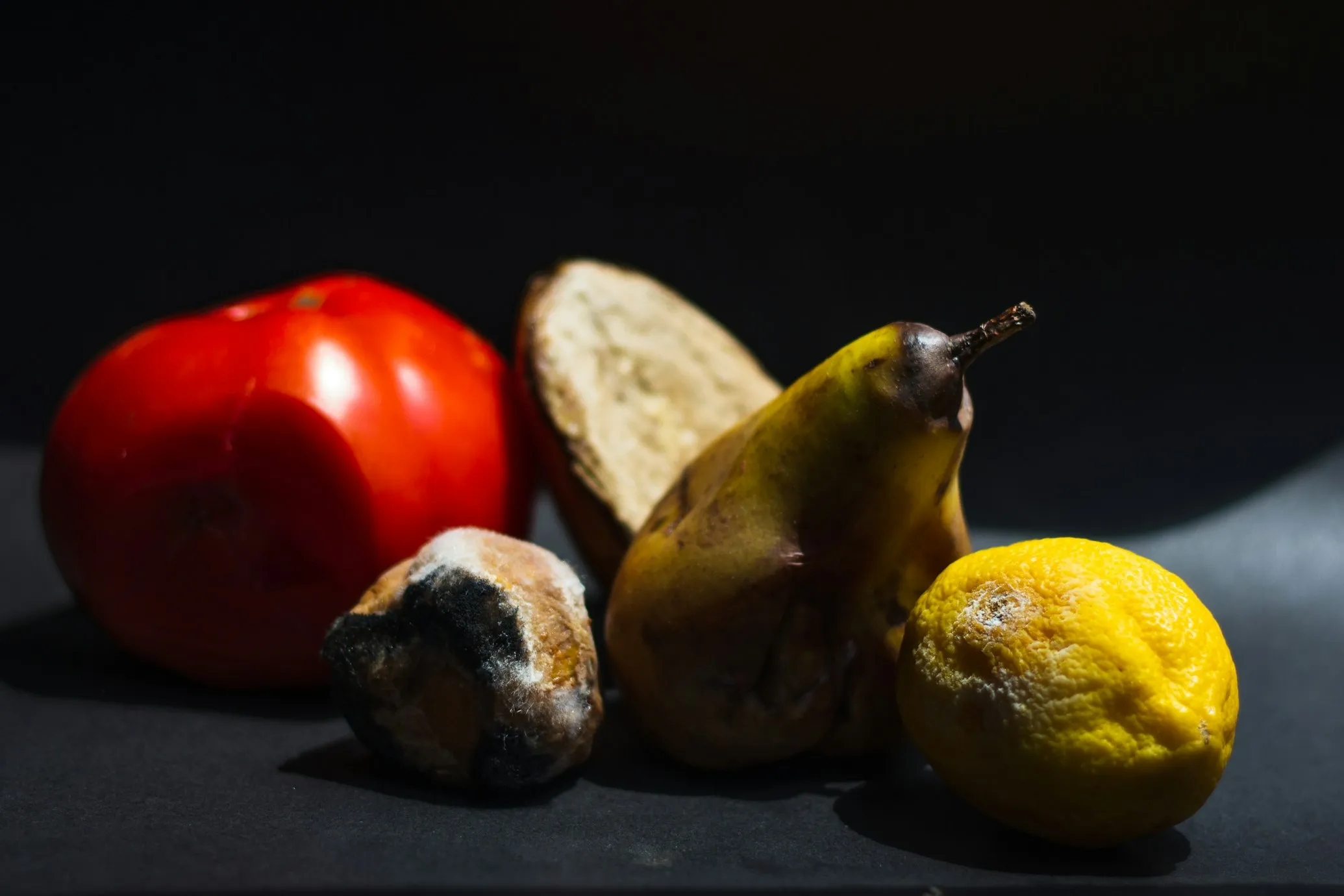 Anita Jankovic on Unsplash
Anita Jankovic on Unsplash
Buying too much perishable food often leads to spoilage and waste. Plan your meals and shop for only what you’ll realistically consume within a week.
2. Buying Unnecessary Kitchen Gadgets
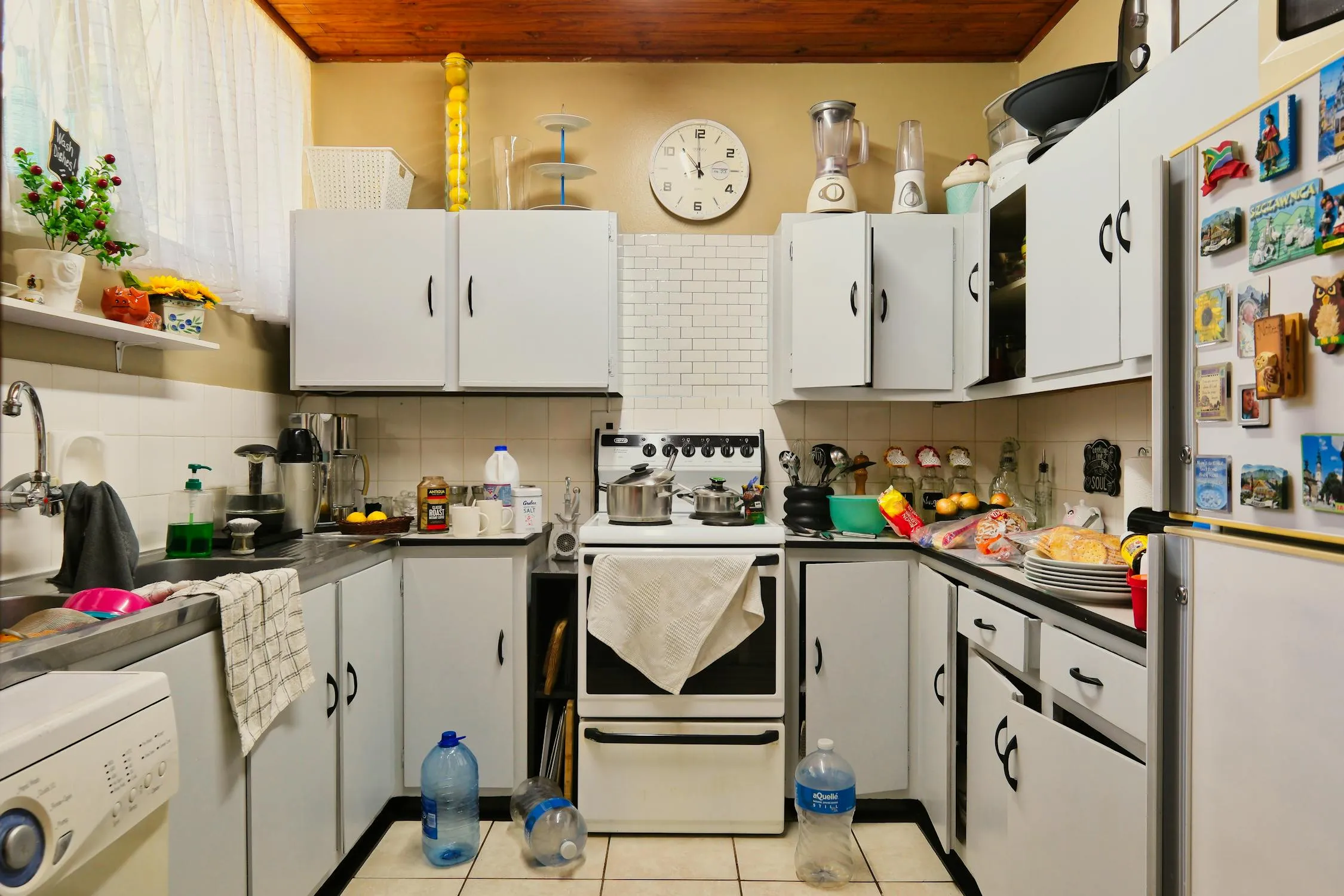 Alexander F Ungerer on Pexels
Alexander F Ungerer on Pexels
Novelty appliances may seem fun, but they can become cluttered if they are rarely used. Focus on multi-functional gadgets to save money and space.
3. Not Utilizing Your Freezer
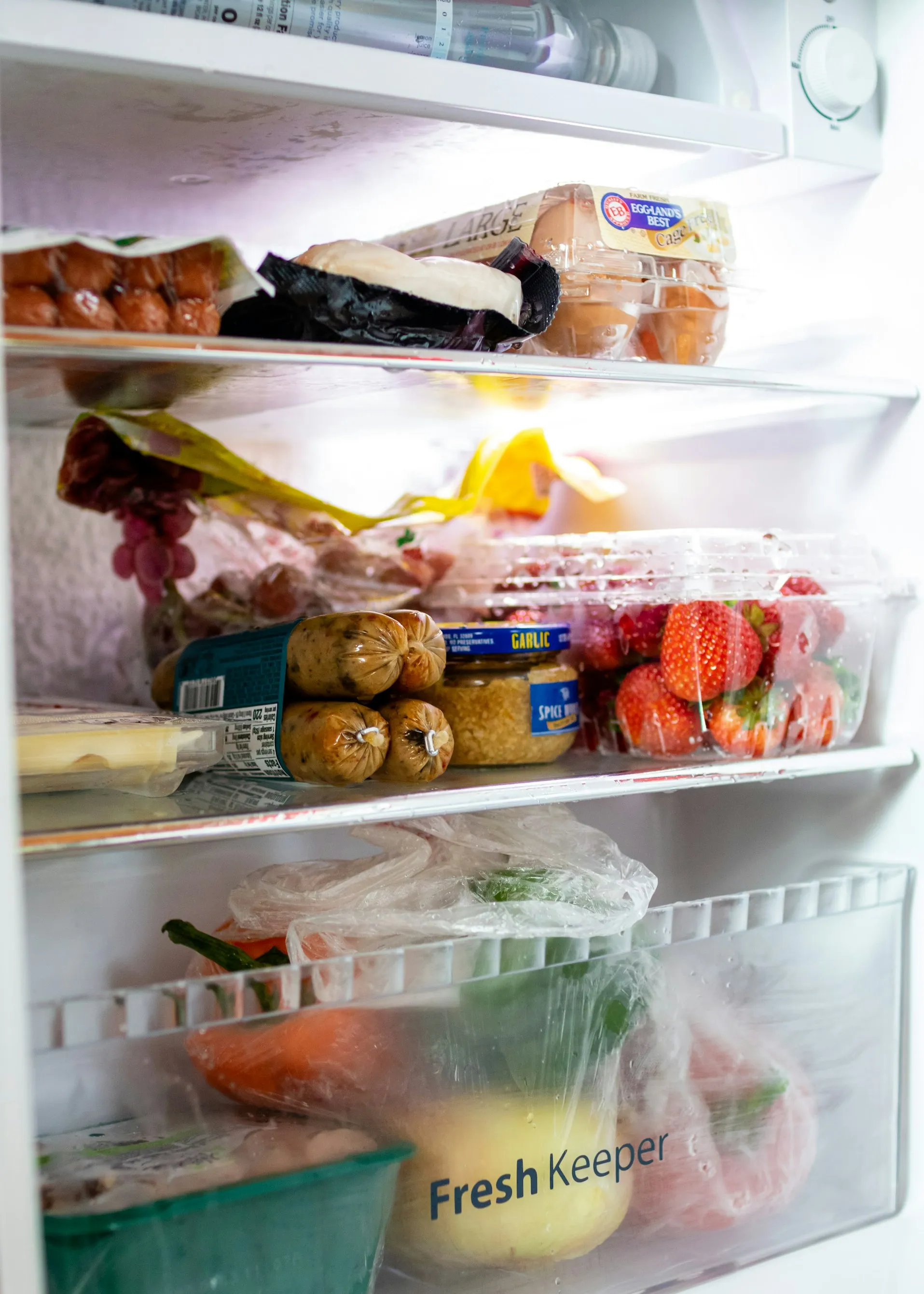 Darrien Staton on Unsplash
Darrien Staton on Unsplash
Freezing leftovers or bulk items extends their shelf life, preventing them from becoming waste. Maximize freezer space to save money and reduce food waste.
4. Wasting Water
 Steve Johnson on Pexels
Steve Johnson on Pexels
Leaving taps running can lead to high water bills. Please turn off the water when not in immediate use to conserve this valuable resource.
5. Overstocking Pantry Items
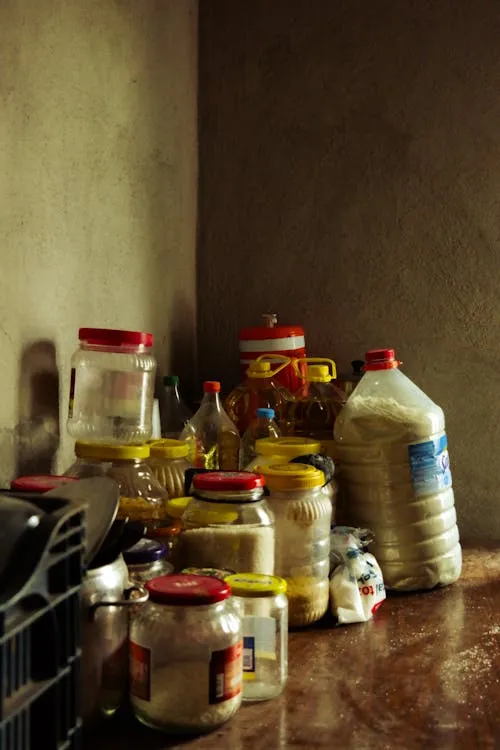 Buse D. on Pexels
Buse D. on Pexels
Overstocking pantry items can lead to expired goods and wasted money. Monitor pantry supplies regularly to avoid buying unnecessary duplicates.
6. Buying Pre-Chopped Produce
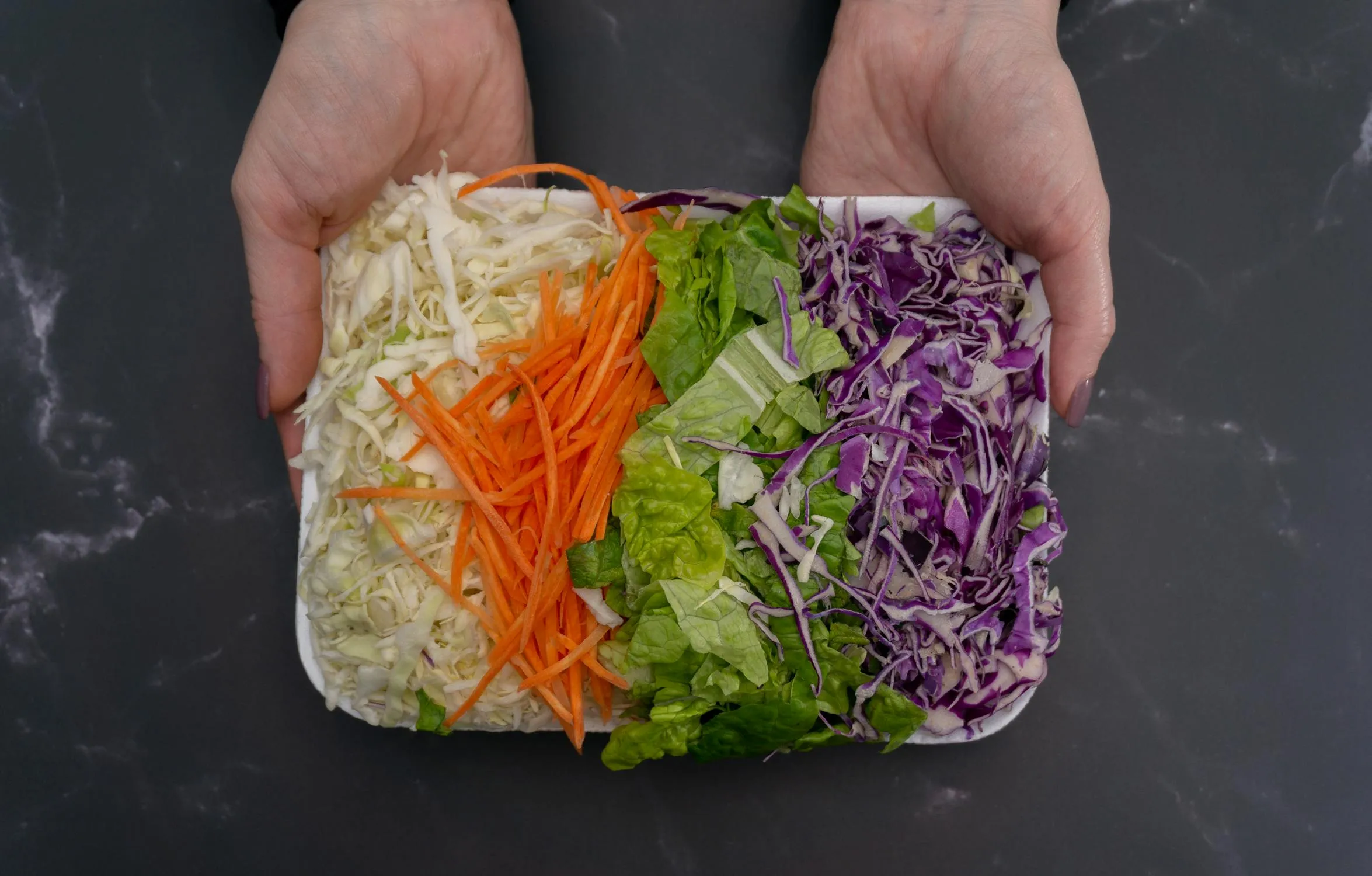 Demian Spinetta on Pexels
Demian Spinetta on Pexels
Pre-chopped vegetables often cost significantly more than whole produce. You can save money by purchasing whole vegetables and chopping them yourself.
7. Cooking with Inefficient Equipment
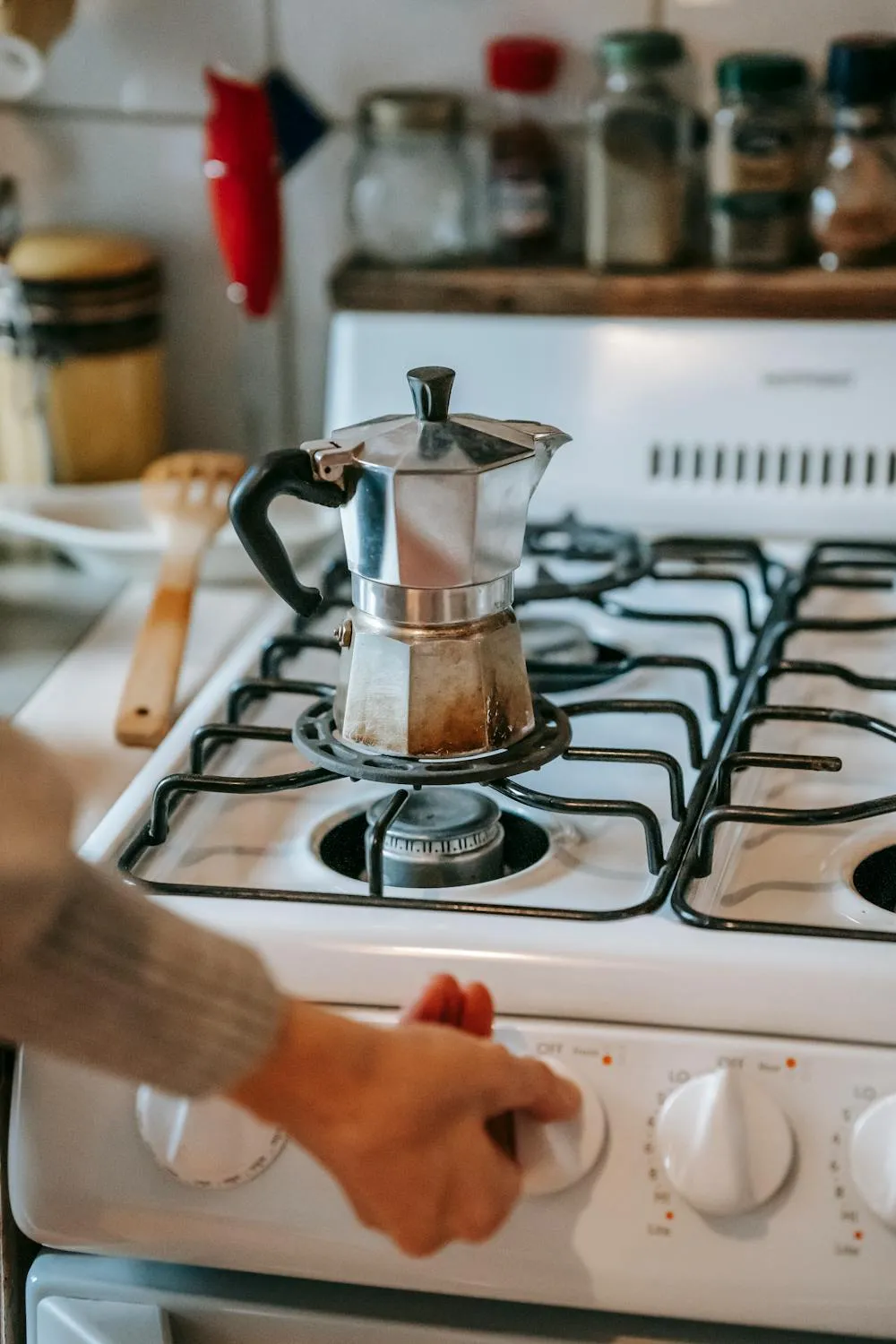 Gary Barnes on Pexels
Gary Barnes on Pexels
Outdated cookware may require more energy to heat. Invest in energy-efficient pots and pans to save on utility bills.
8. Ignoring Expiration Dates
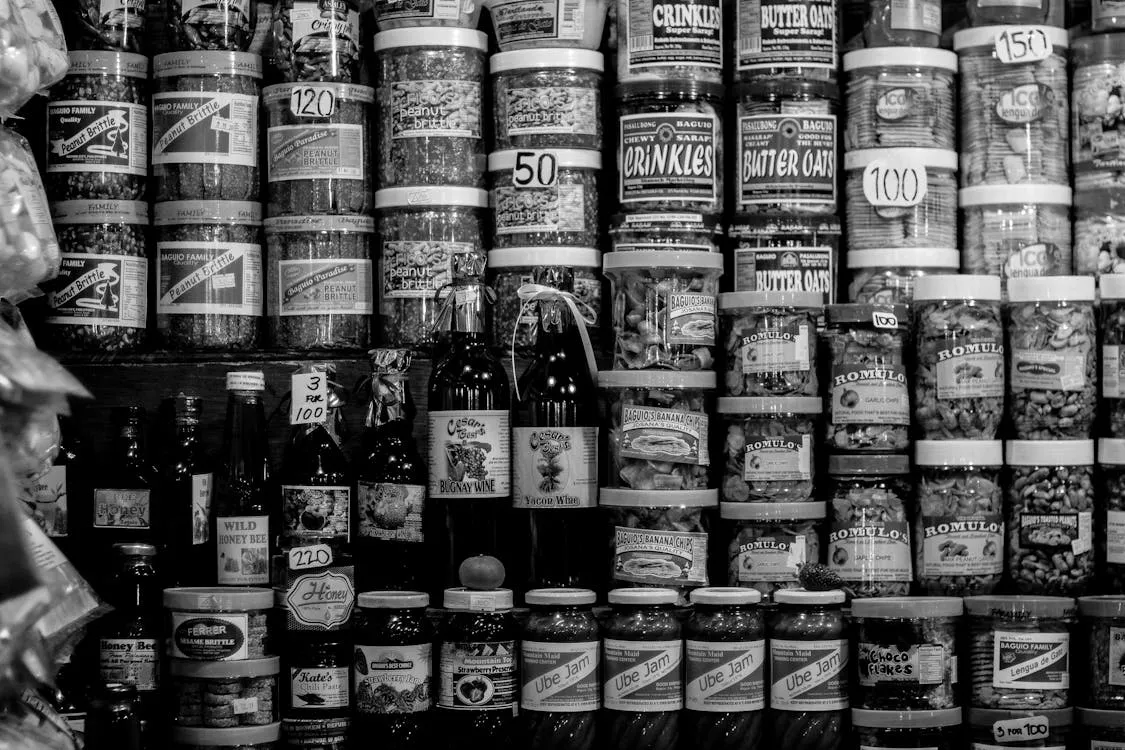 Nothing Ahead on Pexels
Nothing Ahead on Pexels
Check expiration dates regularly and organize food accordingly to prevent waste. Use items nearing expiration first to maximize their value.
9. Buying All Organic
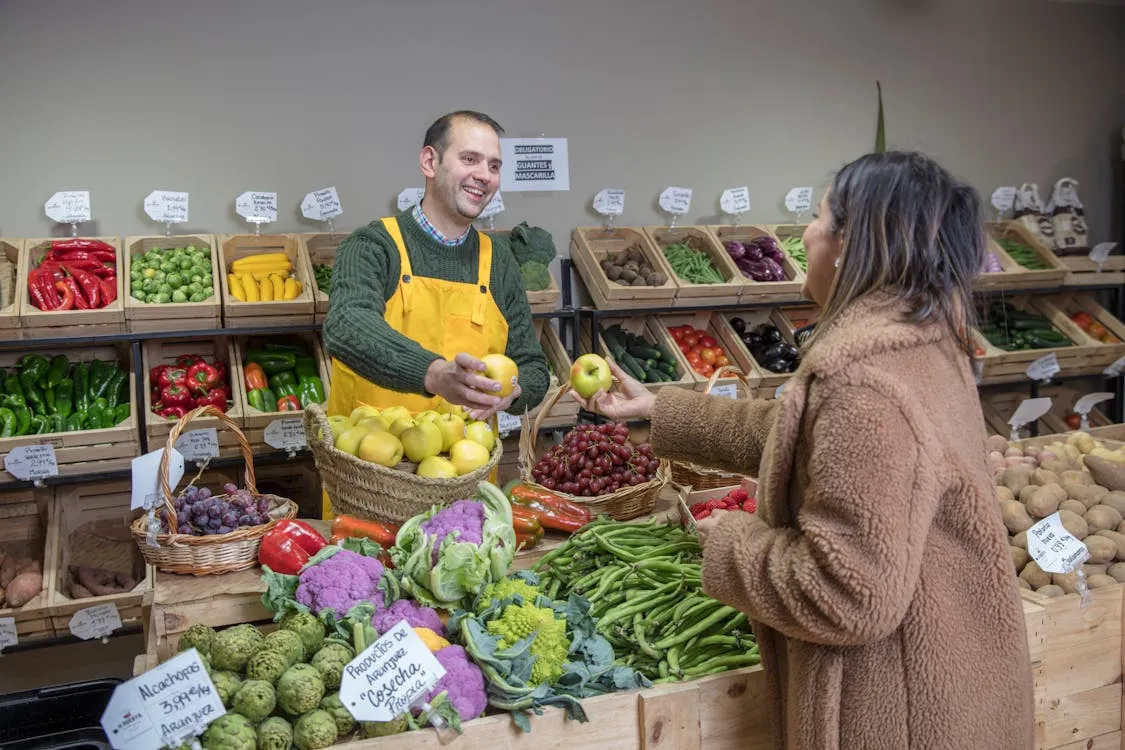 Rossella Fasoli on Pexels
Rossella Fasoli on Pexels
Organic foods are great, but they’re often pricier. To save money, consider purchasing non-organic items for less sensitive foods like avocados and bananas.
10. Not Storing Food Properly
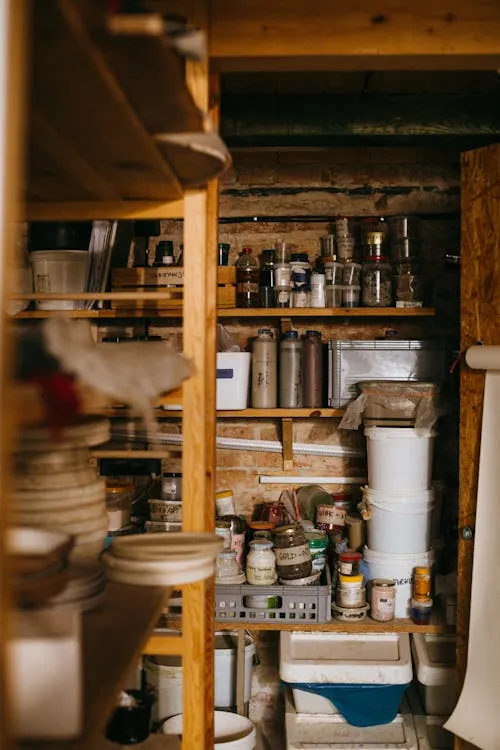 KoolShooters on Pexels
KoolShooters on Pexels
Improper storage can lead to faster spoilage. Learn the best methods for storing fresh produce to extend shelf life and reduce waste.
11. Overusing Cleaning Supplies
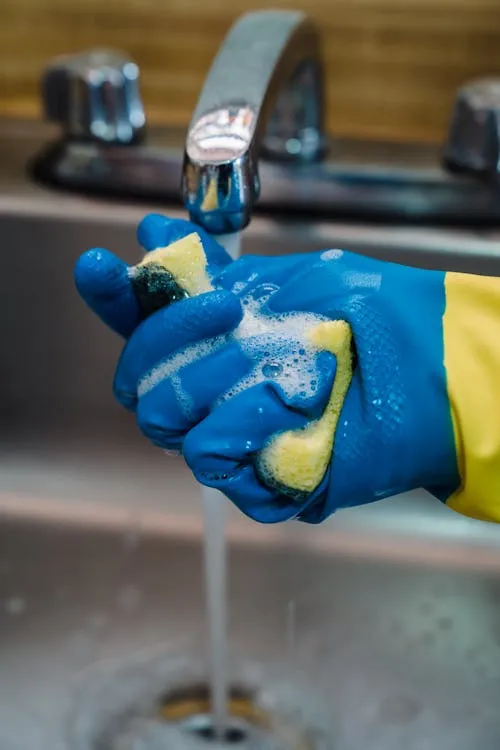 Liliana Drew on Pexels
Liliana Drew on Pexels
Overusing soap and cleaning agents is wasteful and adds to grocery bills. Use only the recommended amount to avoid unnecessary expenses.
12. Not Comparing Grocery Prices
 Kampus Production on Pexels
Kampus Production on Pexels
Failing to compare prices at different stores can lead to spending more. Check weekly deals and consider shopping around for the best prices.
13. Using Disposable Containers
 Polina Tankilevitch on Pexels
Polina Tankilevitch on Pexels
Constantly using disposable containers adds up over time. Switch to reusable storage options to save money and reduce waste.
14. Throwing Away Leftovers
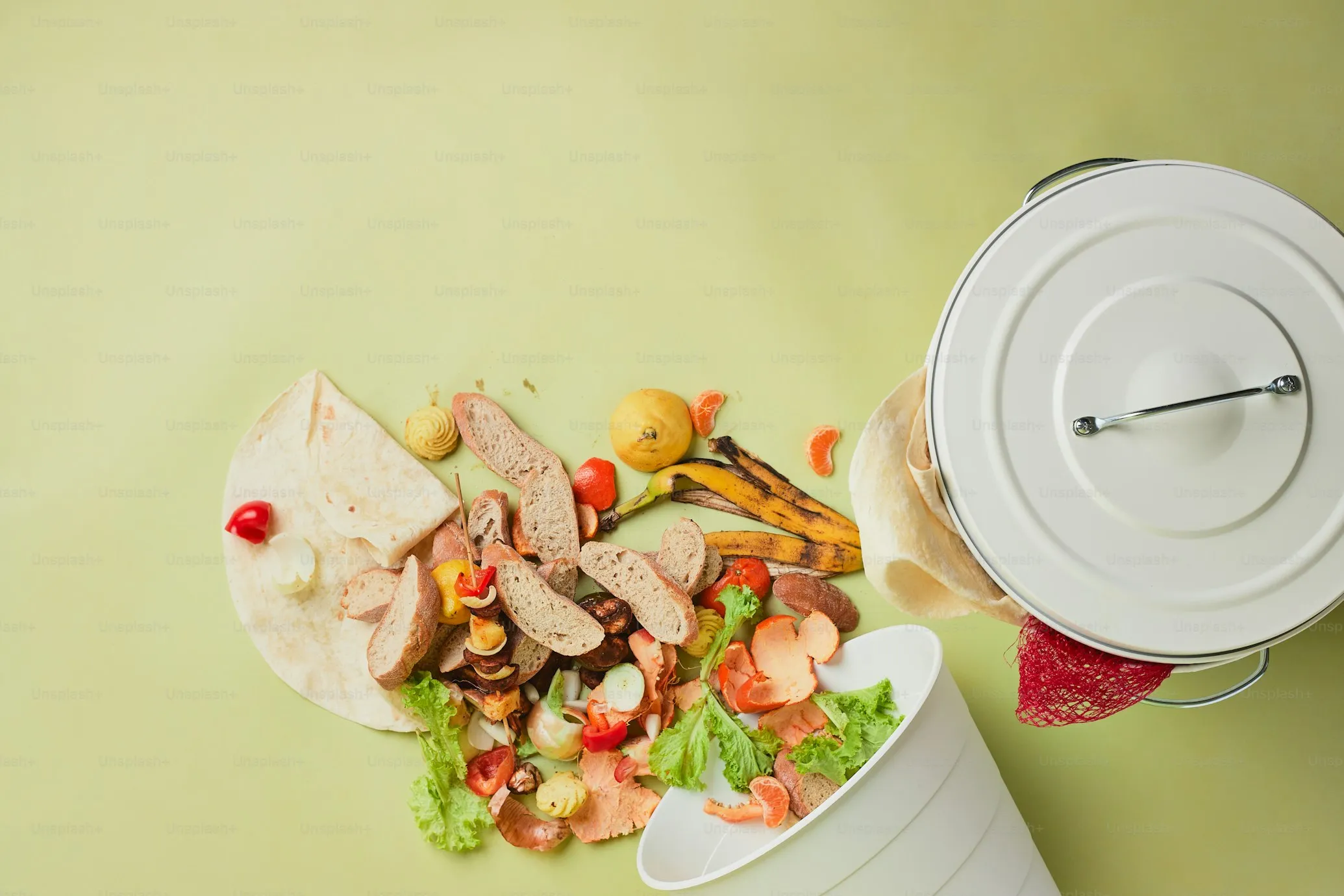 Olivie Strauss on Unsplash
Olivie Strauss on Unsplash
Leftovers often end up in the trash, wasting money. Instead, get creative by recreating leftovers into new meals. Freezing leftovers can also extend their life, providing quick, ready-to-eat options for busy days and helping you save on groceries.
15. Buying Specialty Coffees
 Meruyert Gonullu on Pexels
Meruyert Gonullu on Pexels
Brewing coffee at home rather than buying daily specialty drinks can save you money. Invest in quality beans and consider a grinder, French press, or espresso machine to achieve cafe-style results.
16. Stockpiling Snacks
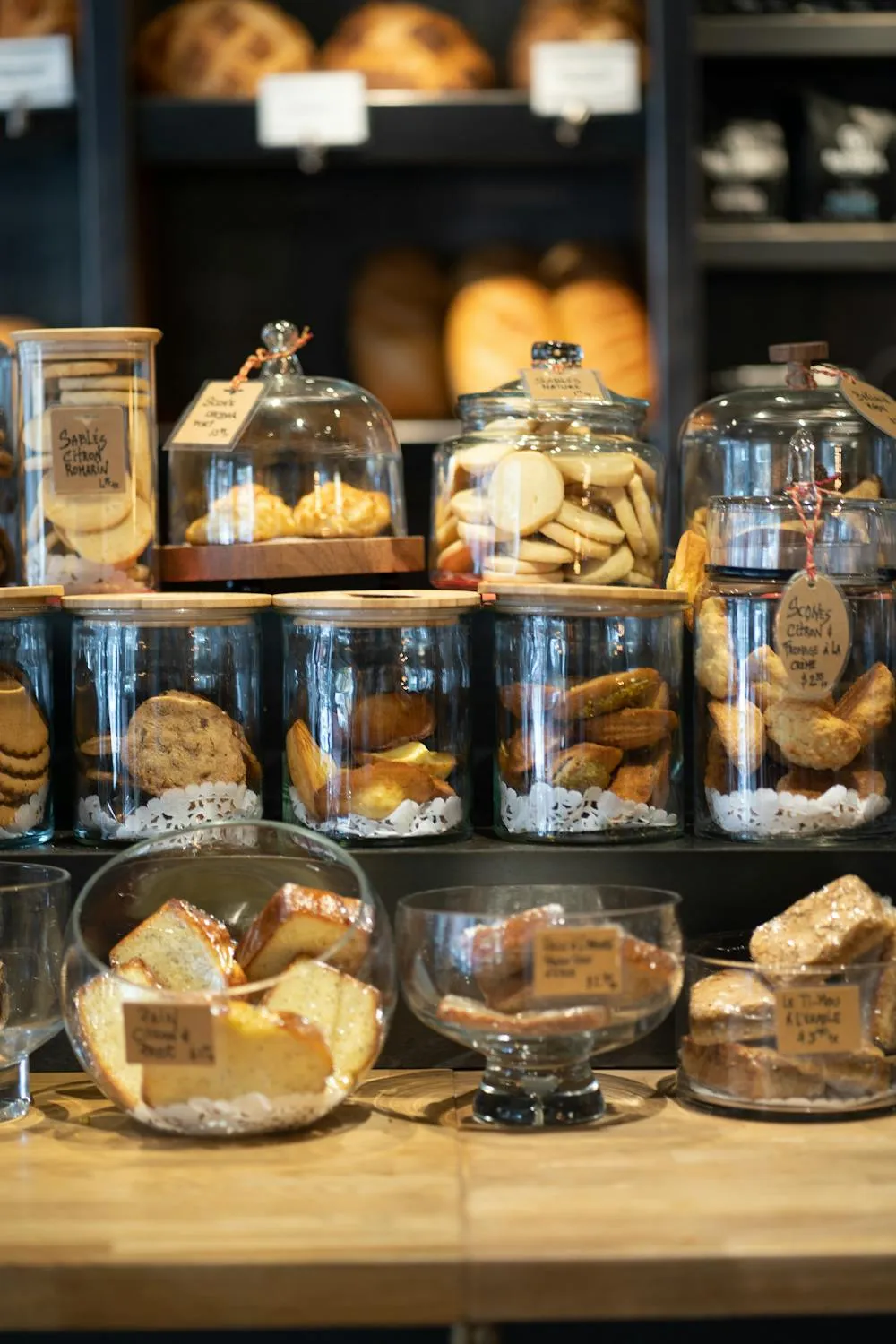 Clément Proust on Pexels
Clément Proust on Pexels
Stocking up on ample snacks often leads to overspending and waste when items expire or lose freshness. Instead, buy snacks in moderation and as needed to keep your pantry organized and reduce unnecessary expenses.
17. Buying Individually Packaged Items
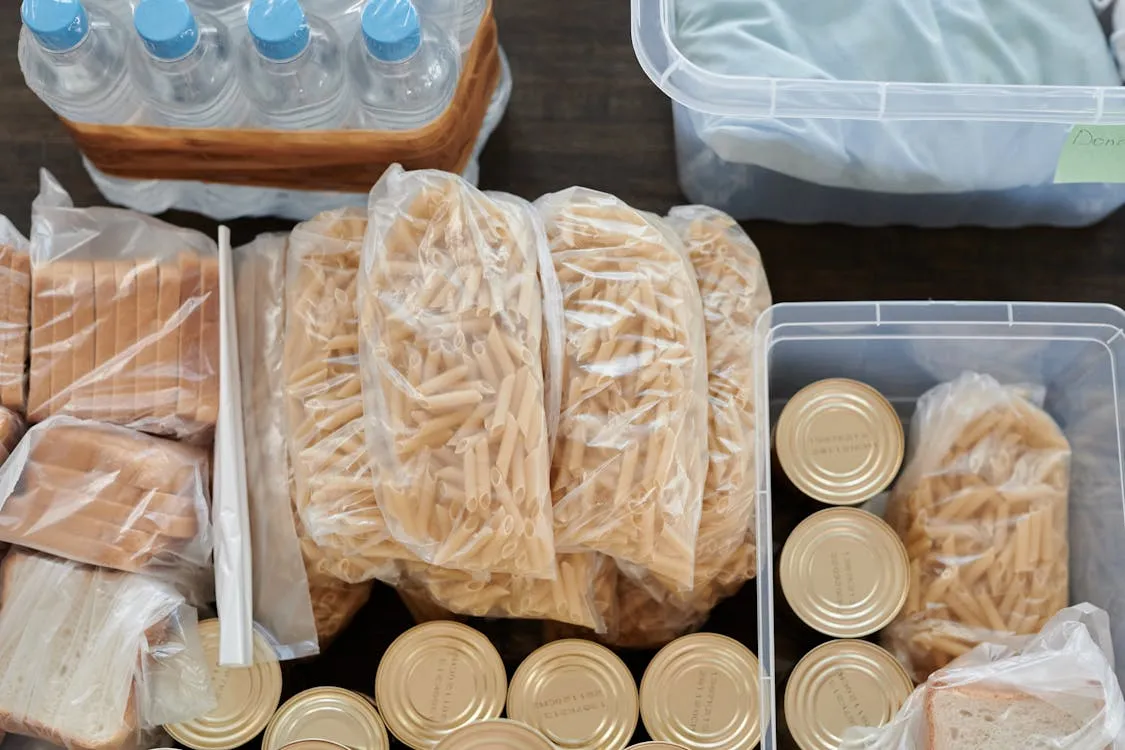 Julia M Cameron on Pexels
Julia M Cameron on Pexels
Individually wrapped items come with a higher price tag and create more waste. Bulk packaging can significantly cut costs, reduce environmental impact, and allow you to portion snacks or ingredients at home. Consider reusable containers to store bulk items.
18. Not Growing Herbs
 Rene Terp on Pexels
Rene Terp on Pexels
Buying herbs regularly can quickly become costly, especially for recipes that only need small amounts. Growing your own herbs at home is an affordable solution that provides a constant, fresh supply for your cooking sessions. You may start with easy-to-grow options like basil, parsley, and mint in small pots and put them in your kitchen.
19. Wasting Condiments
 Greta Hoffman on Pexels
Greta Hoffman on Pexels
Unfinished condiments can spoil and go to waste. Buy smaller bottles if you rarely use certain sauces to avoid wasting money on large quantities.
20. Overstocking the Fridge
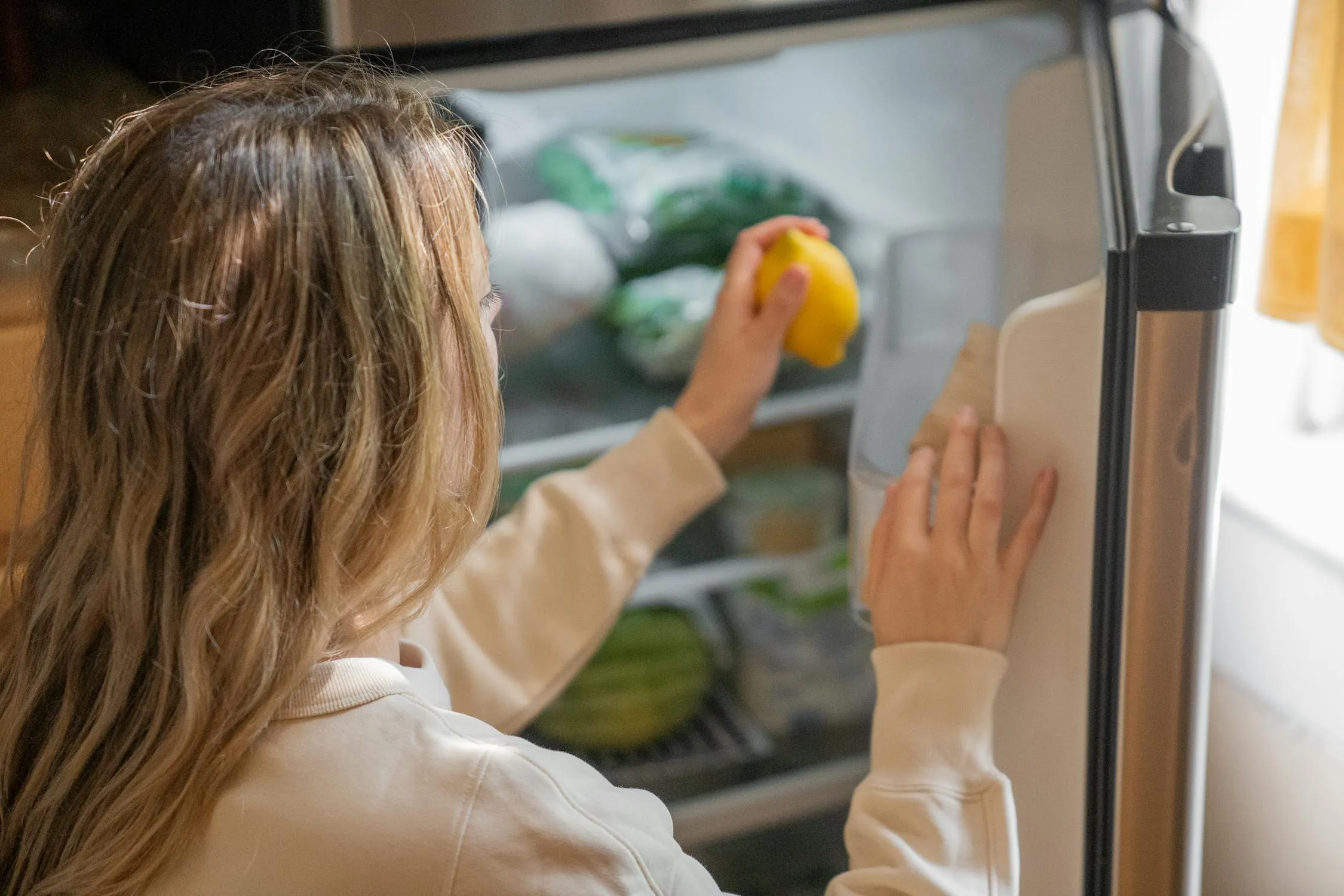 Kevin Malik on Pexels
Kevin Malik on Pexels
Overcrowding the fridge can cause food to spoil faster and increase energy consumption. Organize and monitor what’s inside to keep track of your groceries and prevent waste.